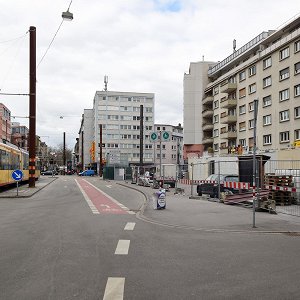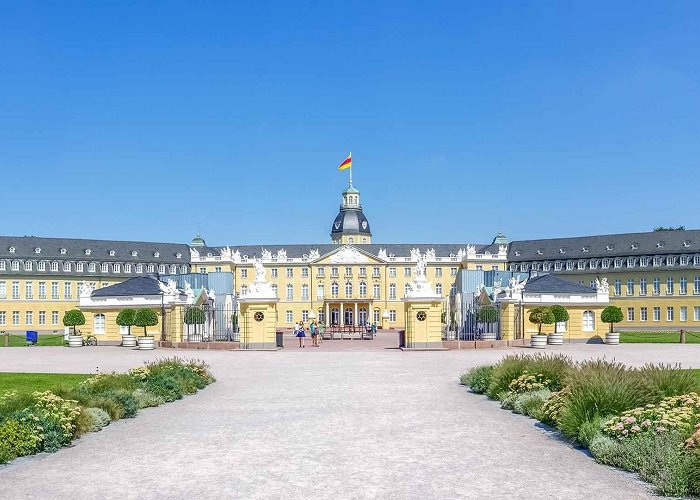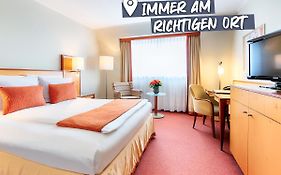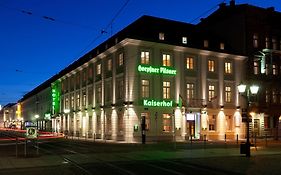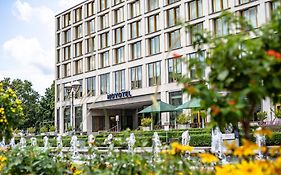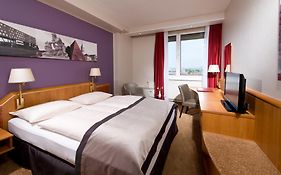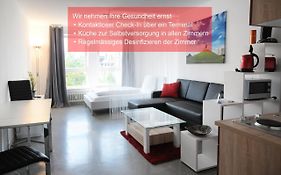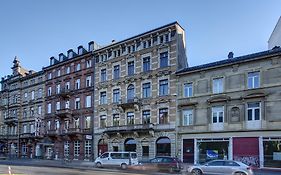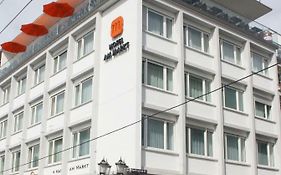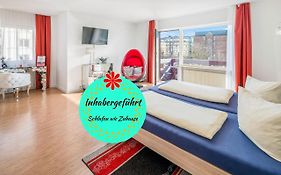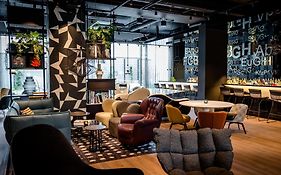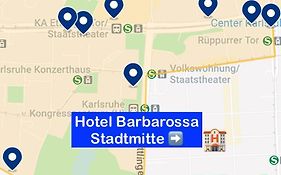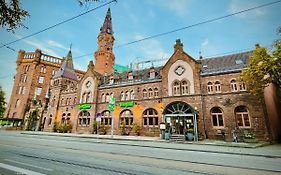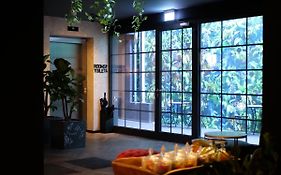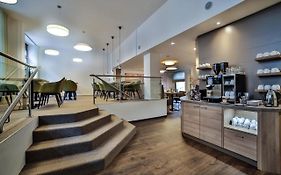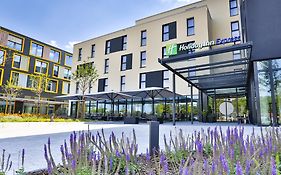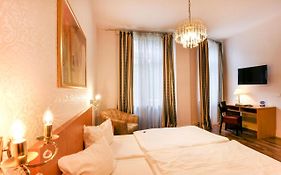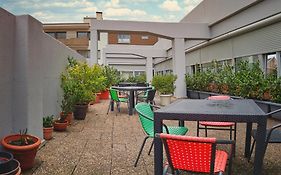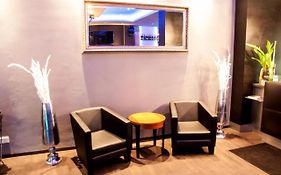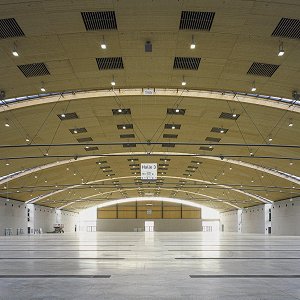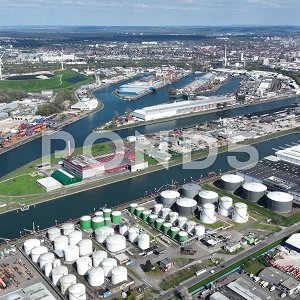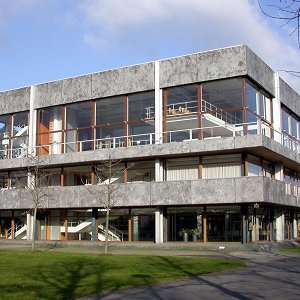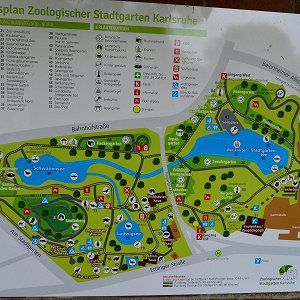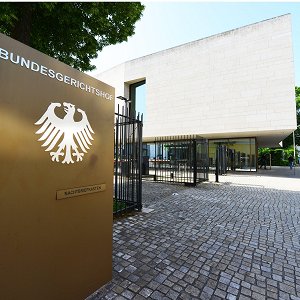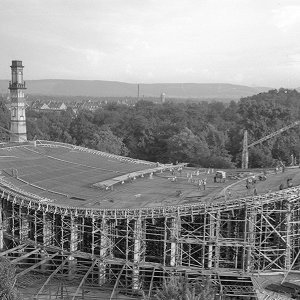The Karlsruhe Institute of Technology, a public university in Karlsruhe, Germany, is an impressive site to visit for tourists seeking to explore the city's cultural and academic offerings. Founded in 1825, the institution has a rich history of academic excellence and technological innovation, making it an important landmark in the city. The university is renowned for its diverse architectural styles, blending historic buildings with modern facilities, providing visitors with a unique perspective on the evolution of educational institutions in Germany. The campus is a symbol of the city's commitment to education and research, offering visitors a glimpse into the intellectual and scientific achievements that have shaped Karlsruhe and the wider academic world.
Eager visitors can discover the university's significant historical background, which reflects the growth of German education and research over the centuries. The campus's distinctive architectural features showcase the evolution of learning spaces, from traditional lecture halls to state-of-the-art research facilities. Guided tours and special events provide opportunities for visitors to engage with the academic community, attend lectures, and explore historic collections, rare manuscripts, and artifacts related to the institution's renowned research programs. Whether it's strolling through the campus gardens or participating in hands-on learning experiences, visitors will find a wealth of opportunities to immerse themselves in the university's cultural and academic contributions.
The Karlsruhe Institute of Technology is accessible to visitors throughout the year, with public access to certain facilities and resources, including the campus libraries, exhibition spaces, and historic lecture halls. The university's commitment to sustainability and eco-friendly practices ensures that visitors can explore the grounds and enjoy the surrounding landscape while preserving the natural environment. For a truly enriching experience, visitors can plan their trip to coincide with academic events, workshops, or cultural festivals hosted by the university, allowing them to engage with the vibrant intellectual community and gain a deeper understanding of the institution's impact on the city and beyond.
